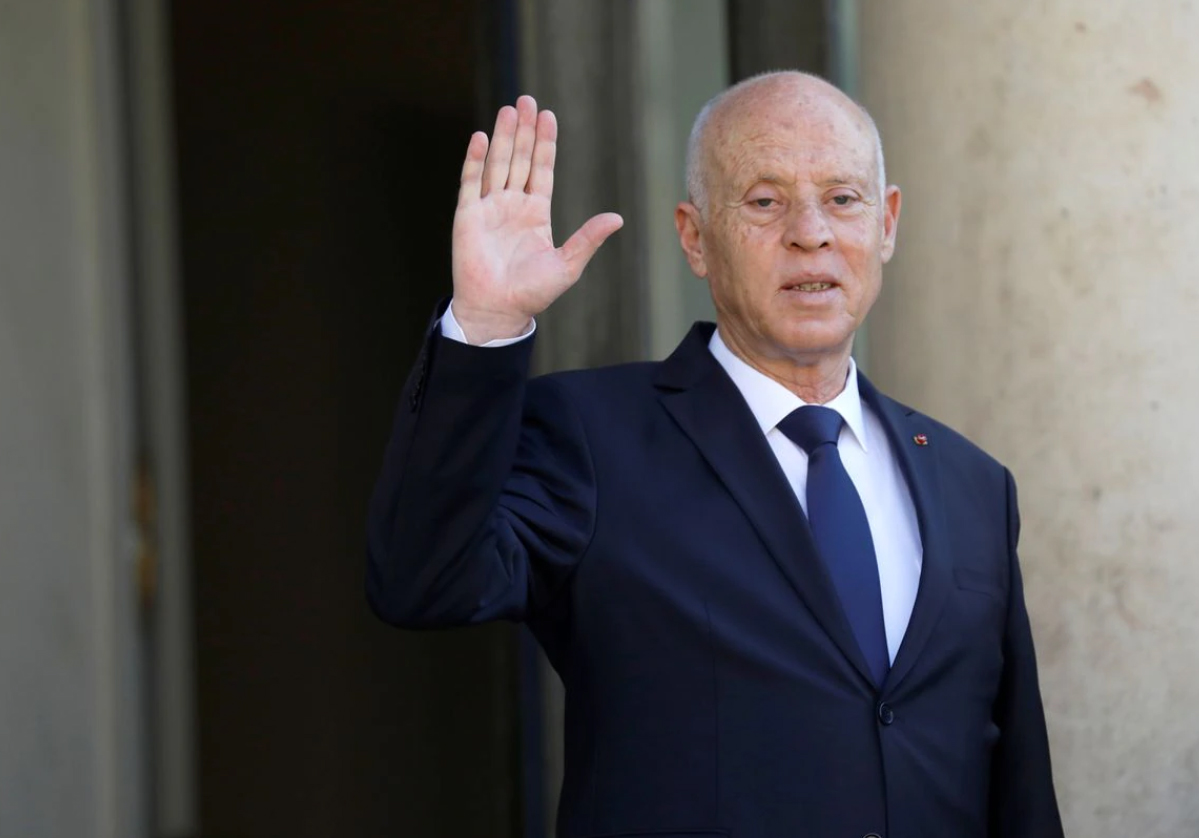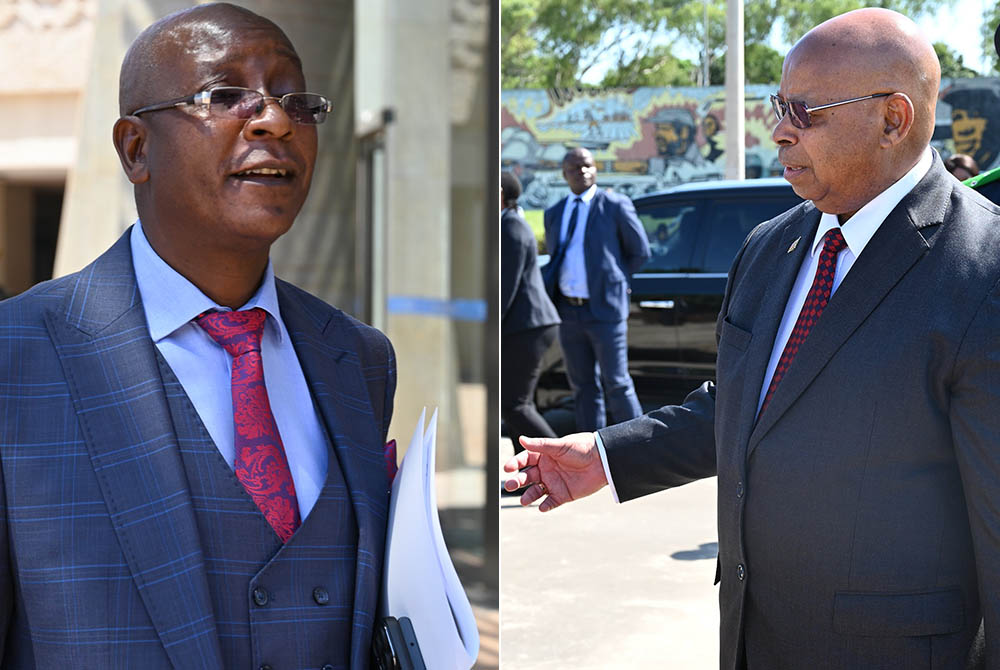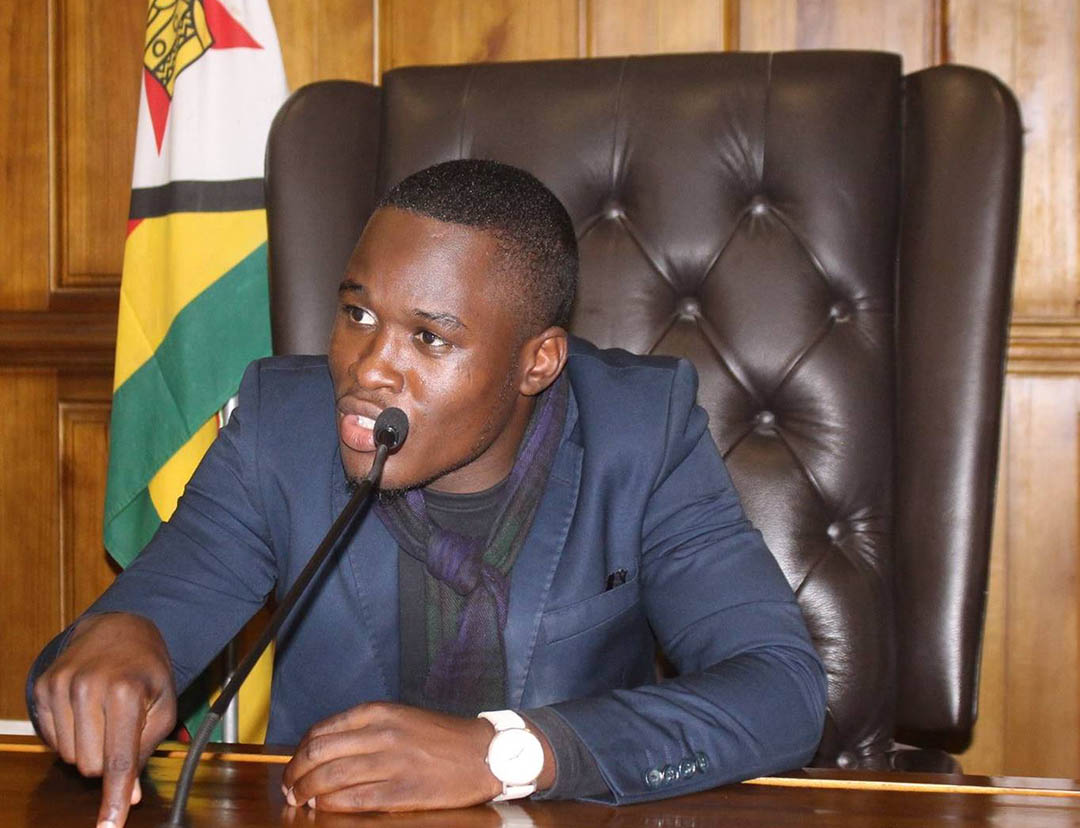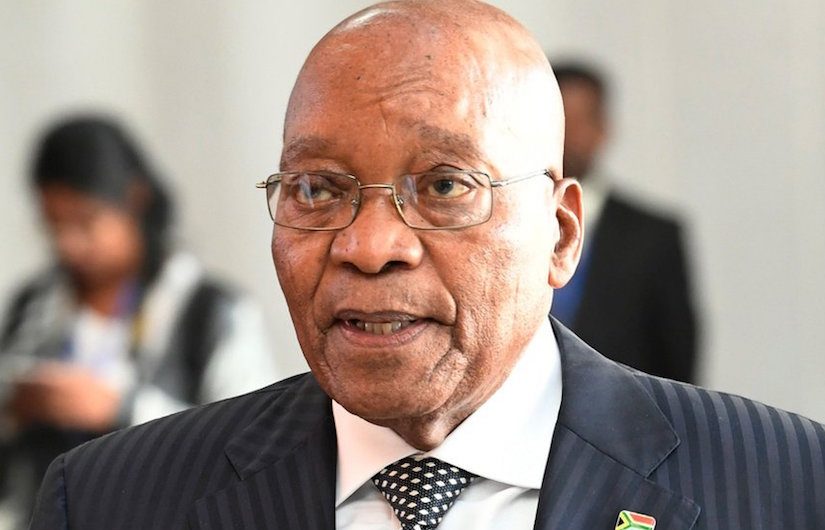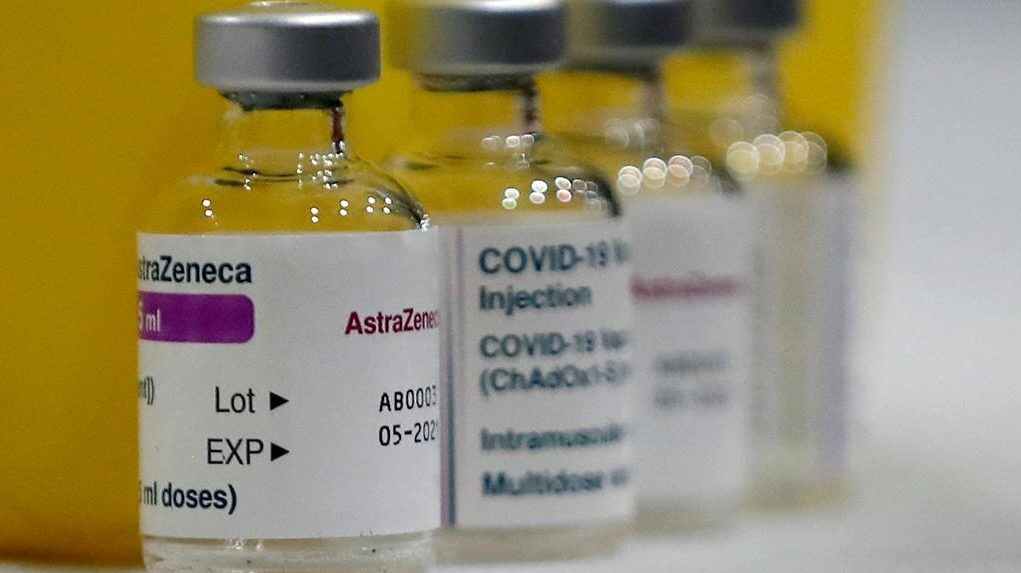TUNIS, Tunisia – Soon after Tunisia’s President Kais Saied said he had ousted the government, tens of thousands of people poured into city streets to applaud a move decried by his critics as a coup.
As they cheered, ululated, honked car horns and let off fireworks, Said’s supporters revelled in his decision and in the perceived downfall of the moderate Islamist Ennahda, the biggest party in parliament and his main political opponent.
It showed how a decade after Tunisia’s 2011 revolution that introduced democracy, street activism remains a potentially powerful force – and one that could lead to confrontation after Ennahda called for people to protest against Saied.
The crowds late on Sunday were defying a Covid-19 curfew as they gathered in local neighbourhoods and cities throughout the North African country and along the main Habib Bourguiba avenue in Tunis that has long served as the epicentre of any protests in the capital.
Thousands of people including many families walked along the tree-lined avenue, raising national flags, dancing and lighting red flares.
“The president was very brave… we know this is not a coup,” said Amira Abid, a woman in Tunis’ town centre as she kissed a Tunisian flag.
Soon afterwards, Saied himself arrived to meet jubilant supporters in the very street where the biggest protests took place in 2011 during a revolution whose own democratic legacy now hangs in the balance.
Saied’s critics fear his move to dismiss the government and freeze parliament is part of a shift away from democracy and a return to the autocratic rule of the past – concerns he rejected in public statements as he denied conducting a coup.
As helicopters hovered above the crowds supporting his move, the people on the streets cast Ennahda as the cause of Tunisia’s failures over the past decade to overcome political paralysis and achieve prosperity.
“Today, today, Ennahda ended today,” sang young men in the Omrane Superieur district of the capital.
Nearby, as families stood with their children and raised their phones to the record the moment, a man walking with his daughter said “today is our Eid (holiday)”.
Saied dismissed the government and froze parliament earlier Sunday in a dramatic escalation of a political crisis that his opponents labelled a coup.
Saied said he would assume executive authority with the assistance of a new prime minister, in the biggest challenge yet to the democratic system Tunisia introduced in a 2011 revolution.
Parliament Speaker Rached Ghannouchi called on Tunisians to come into the streets to stop what he called a coup.
Saied, in his televised statement announcing his move, had warned against any violent response.
“I warn any who think of resorting to weapons… and whoever shoots a bullet, the armed forces will respond with bullets,” he said in a statement carried on television.
Hours after the statement, military vehicles surrounded the parliament building as people nearby cheered and sang the national anthem, two witnesses said. Local media reported that the army had also surrounded the state television building.
Years of paralysis, corruption, declining state services and growing unemployment had already soured many Tunisians on their political system before the Covid-19 pandemic hammered the economy last year and coronavirus infection rates shot up this summer.
Ennahda, banned before the revolution, has been the most consistently successful party since 2011 and a member of successive coalition governments.
Its leader Ghannouchi, immediately labelled Saied’s decision “a coup against the revolution and constitution” in a phone call to Reuters.
“We consider the institutions still standing, and the supporters of the Ennahda and the Tunisian people will defend the revolution,” he added, raising the prospect of confrontations between supporters of Ennahda and Saied.
After calling for people to come onto the streets in protest in a video message later in the night, Ghannouchi said the parliament would meet in defiance of Saied’s move.
The leader of another party, Karama, and former President Moncef Marzouki both joined Ennahda in calling Saied’s move a coup.
“I ask the Tunisian people to pay attention to the fact that they imagine this to be the beginning of the solution. It is the beginning of slipping into an even worse situation,” Marzouki said in a video statement.
Police used teargas to disperse people who tried to storm the Ennahda headquarters in Tunis late on Sunday.
Saied said in his statement that his actions were in line with Article 80 of the constitution, and also cited the article to suspend the immunity of members of parliament.
“Many people were deceived by hypocrisy, treachery and robbery of the rights of the people,” he said.
The president and the parliament were both elected in separate popular votes in 2019, while Prime Minister Hichem Mechichi took office last summer, replacing another short-lived government.
Saied, an independent without a party behind him, swore to overhaul a complex political system plagued by corruption. Meanwhile the parliamentary election delivered a fragmented chamber in which no party held more than a quarter of seats.
Disputes over Tunisia’s constitution were intended to be settled by a constitutional court. However, seven years after the constitution was approved, the court has yet to be installed after disputes over the appointment of judges.
The president has been enmeshed in political disputes with Mechichi for over a year, as the country grapples with an economic crisis, a looming fiscal crunch and a flailing response to the pandemic.
Under the constitution, the president has direct responsibility only for foreign affairs and the military, but after a government debacle with walk-in vaccination centres last week, he told the army to take charge of the pandemic response.
Tunisia’s soaring infection and death rates have added to public anger at the government as the country’s political parties bickered.
Meanwhile, Mechichi was attempting to negotiate a new loan with the International Monetary Fund (IMF) that was seen as crucial to averting a looming fiscal crisis as Tunisia struggles to finance its budget deficit and coming debt repayments.
Disputes over the economic reforms, seen as needed to secure the loan but which could hurt ordinary Tunisians by ending subsidies or cutting public sector jobs, had already brought the government close to collapse.
Kais Saied, a 63-year-old political independent and former constitutional lawyer with an awkward public manner and a preference for an ultra formal speaking style of classical Arabic, is now at the undisputed centre of Tunisian politics.
Presenting himself in his campaign as an ordinary man taking on a corrupt system, he fought the election without spending money and with a bare-bones team of advisers and volunteers – winning the backing of leftists, Islamists and youths alike.
His supporters said he spent so little on the election that it cost only the price of the coffee and cigarettes he consumed meeting Tunisians and presented him as a paragon of personal integrity.
Saied has made no secret of his desire for a new constitution that puts the president at centre stage – prompting critics to accuse him of wanting to emulate Egypt’s President Abdel Fattah el-Sisi in stripping his foes of power.
As president, Saied quickly feuded with the two prime ministers who eventually emerged from the complex process of coalition building – first Fakhfakh and then Mechichi.
However, the biggest dispute has been with the moderate Islamist Ennahda party and its veteran leader Ghannouchi, a former political prisoner and exile who returned to Tunisia in 2011.
Over the past year, Saied and Mechichi, backed by Ghannouchi, have squabbled over Cabinet reshuffles and control over the security forces, complicating efforts to handle the pandemic and address a looming fiscal crisis.
As protests erupted in January, however, it was the government and the old parties of parliament who faced the public’s wrath – a wave of anger that finally broke last week as Covid-19 cases spiked. – Reuters

